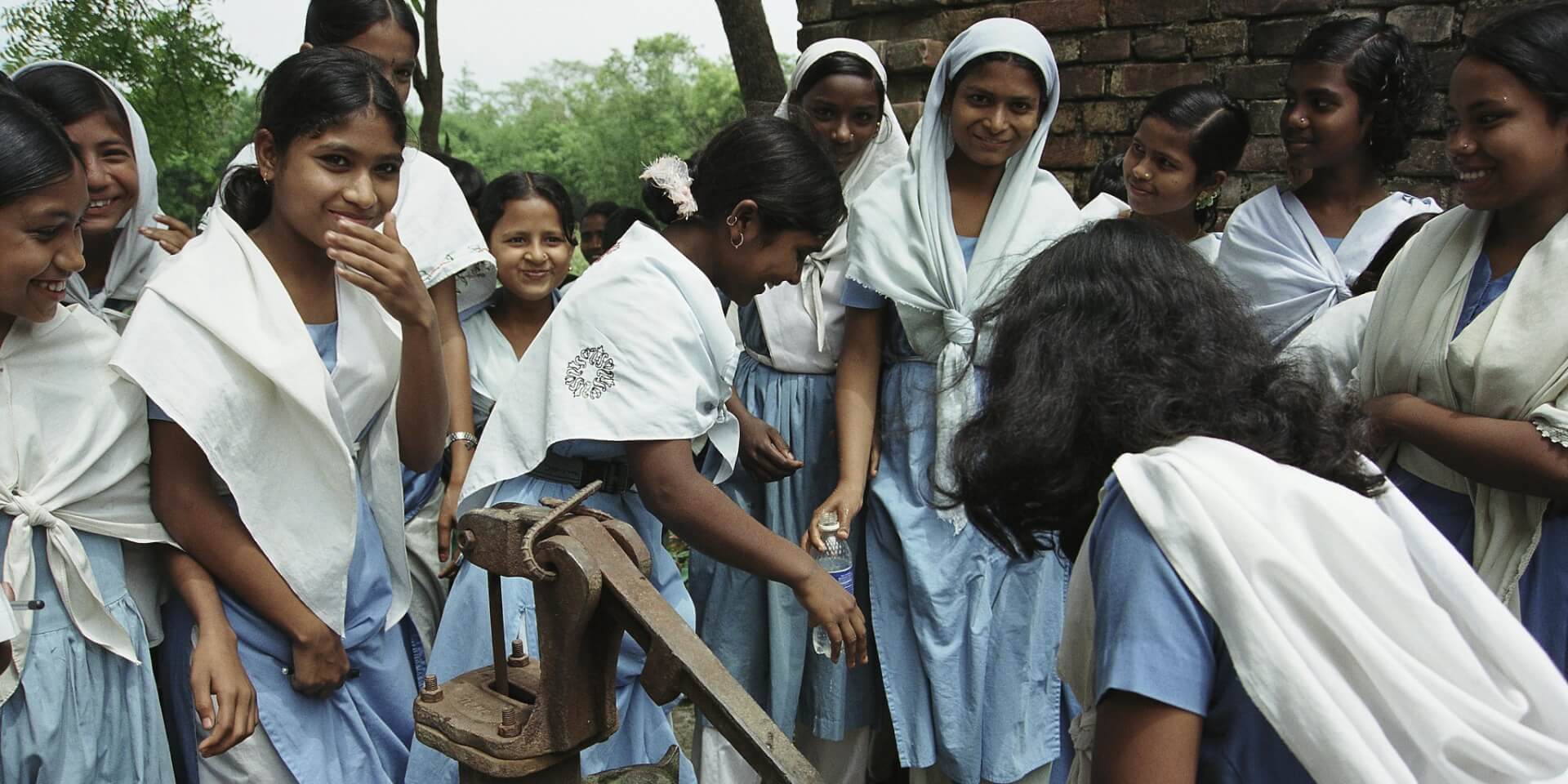
The brief groups the numerous water challenges into four main categories with associated examples and focal areas that each demand different scientific responses. Together with concluding advice, this policy brief aims to efficiently engage with policy- and decision-makers and other stakeholders at UN- and Member States-level to translate scientific insights into tangible improvements and support the water-related Sustainable Development Goals (SDGs) and the achievement of the 2030 Agenda.
Drawing on the expertise of its broad-based membership in the natural and social sciences as well as technology, the ISC is prepared to provide integrated, independent and evidence-based advisory support to UN-Water, to the relevant organizations of the UN system, and to Member States as needed to achieve SDG 6 and other relevant SDGs.
Amongst the issues identified under this category, the provision of piped water, of sanitation and hygiene facilities, and managing massive water losses from pressured urban reticulation systems, are some of the most telling examples of persistent water issues that have known solutions but lack implementation. The scientific focus needs to be on understanding socio-economic, cultural, and political factors that may hinder the implementation of best practices, assessing costs and benefits of interventions, and developing low-cost and locally appropriate solutions. Overall, addressing this category of issues requires better understanding, addressing barriers to implementation, and bridging the science to action gaps through transdisciplinary collaborations.
Some water challenges appear to be similar in nature across different parts of the world, however they often have different natural or socio-political causes requiring differentiated solutions. For example, for physical water scarcity, affluent countries tend to have advanced technological solutions, while low and middle-income countries often champion low-cost alternatives. Physical water scarcity is different from economic water scarcity, which in water-rich regions is due to poor infrastructure and insufficient funding. To address these challenges, scientific focus should be put on expanding social science-driven analysis, identifying applicable solutions, including drawing on indigenous and traditional knowledge, assessing the full range of anthropogenic impacts on water, and developing strategies for transferring and adapting tried-and-tested solutions to different local conditions. This requires collaboration between scientists, engineers, planners, stakeholders, and decision-makers to address water service provision and incentivise behavioural changes in water consumers, amongst others.
Category 3 involves rapid changes related to environmental conditions such as weather and climate change, and socio-economic conditions such as global urbanization and demographic changes, that require new solutions. To address these challenges, focal areas for science to action include understanding and managing the impacts of urbanization on water resources, mapping and quantifying seawater intrusion and recharge rates of karst aquifers as drinking water source, and exploring perceptions and acceptability of reusing treated wastewater. It’s also important to enhance local accountability, ensure affordability and suitability of solutions for resource-restricted economies, and develop new approaches like sponge city concepts for urban runoff management and managed aquifer recharge.
Addressing emerging and future water issues requires considering the impacts of transitioning to a low-carbon society and zero-waste circular economy, and shifting interrelations within the water-food-energy-resources nexus. Science must concentrate on assessing the water implications of the green energy transition, improving forecasting and flood/drought warning systems, and developing solutions for the efficient removal of emerging contaminants from wastewater. Additionally, there is a focus on turning water from a source of conflict into an opportunity for cooperation and addressing security aspects related to water-related conflicts.
The UN 2023 Water Conference, co-hosted by Tajikistan and the Netherlands, will take place at UN Headquarters in New York, 22-24 March 2023.
Water is a fundamental part of all aspects of life. Water is inextricably linked to the three pillars of sustainable development, and it integrates social, cultural, economic and political values. It is crosscutting and supports the achievement of many SDGs through close linkages with climate, energy, cities, the environment, food security, poverty, gender equality and health, amongst others. With climate change profoundly affecting our economies, societies and environment, water is indeed the biggest deal breaker to achieve the internationally agreed water-related goals and targets, including those contained in the 2030 Agenda for Sustainable Development.
Against this backdrop, ISC sees its main role in providing evidence-based and politically independent scientific guidance to decision-makers by drawing on its large and diverse global membership and the embodied expertise of natural and social water scientists and related challenges.
Expert Group Members
The development of the Policy Brief was supported by an Expert Group established by the International Science Council. Expertise of the group covered the social and natural sciences in water sustainability, water management and policy, water governance, economic, social, and behavioural aspects of water use, water management and sanitation, health, the food-energy-water nexus, and science-policy-practice collaborations on water management.
Image: Students get water, Bangladesh. Scott Wallace/World Bank.